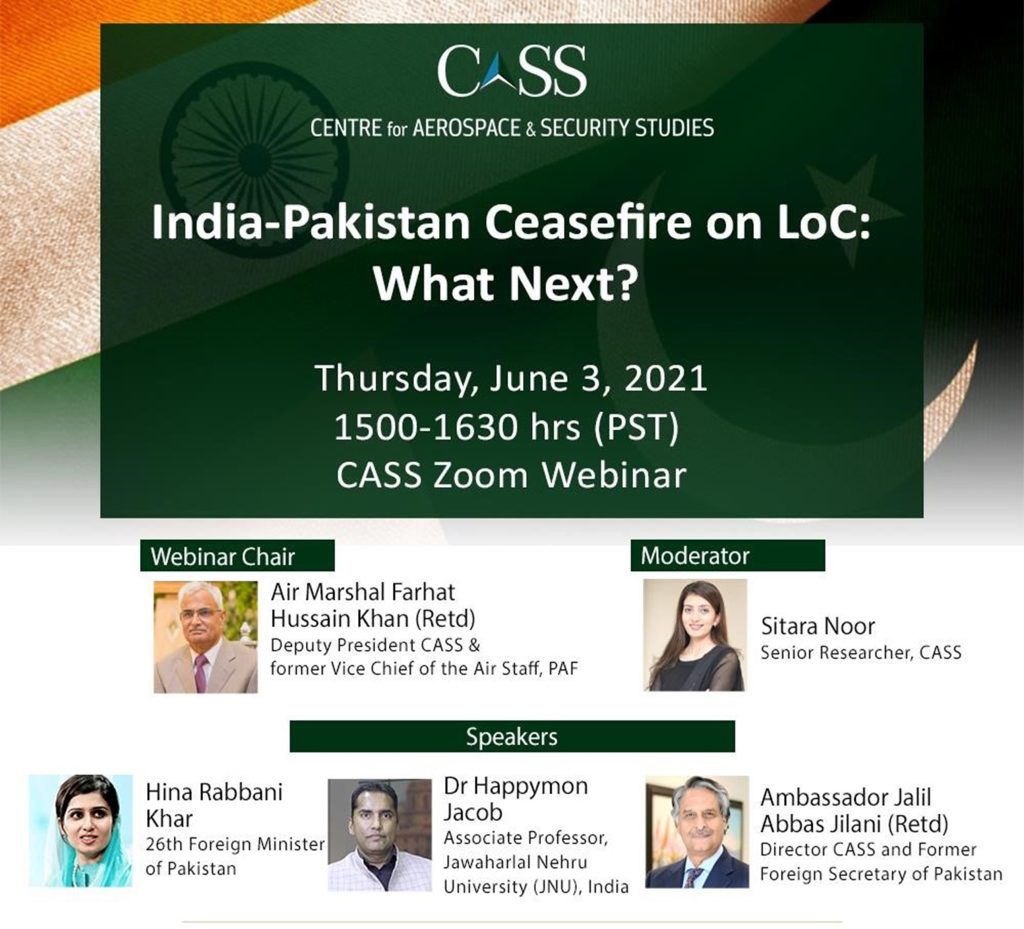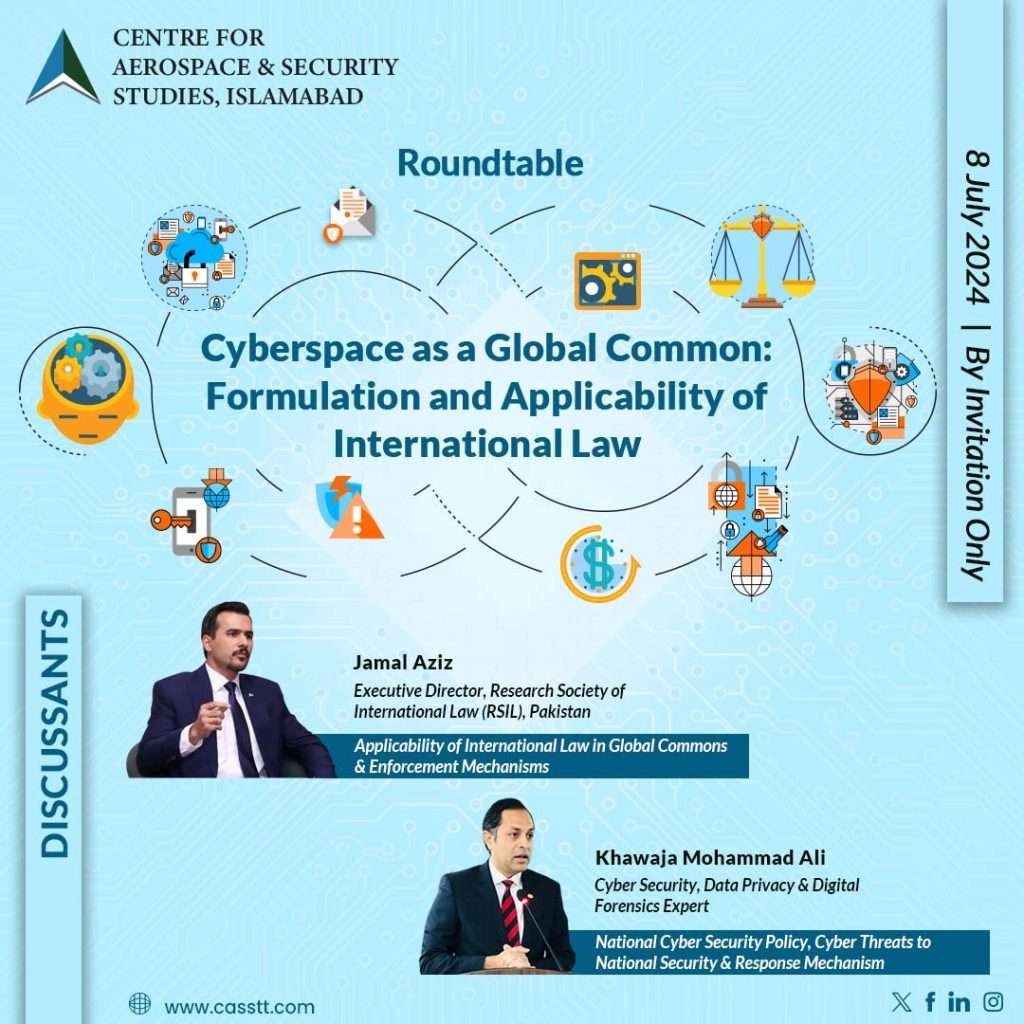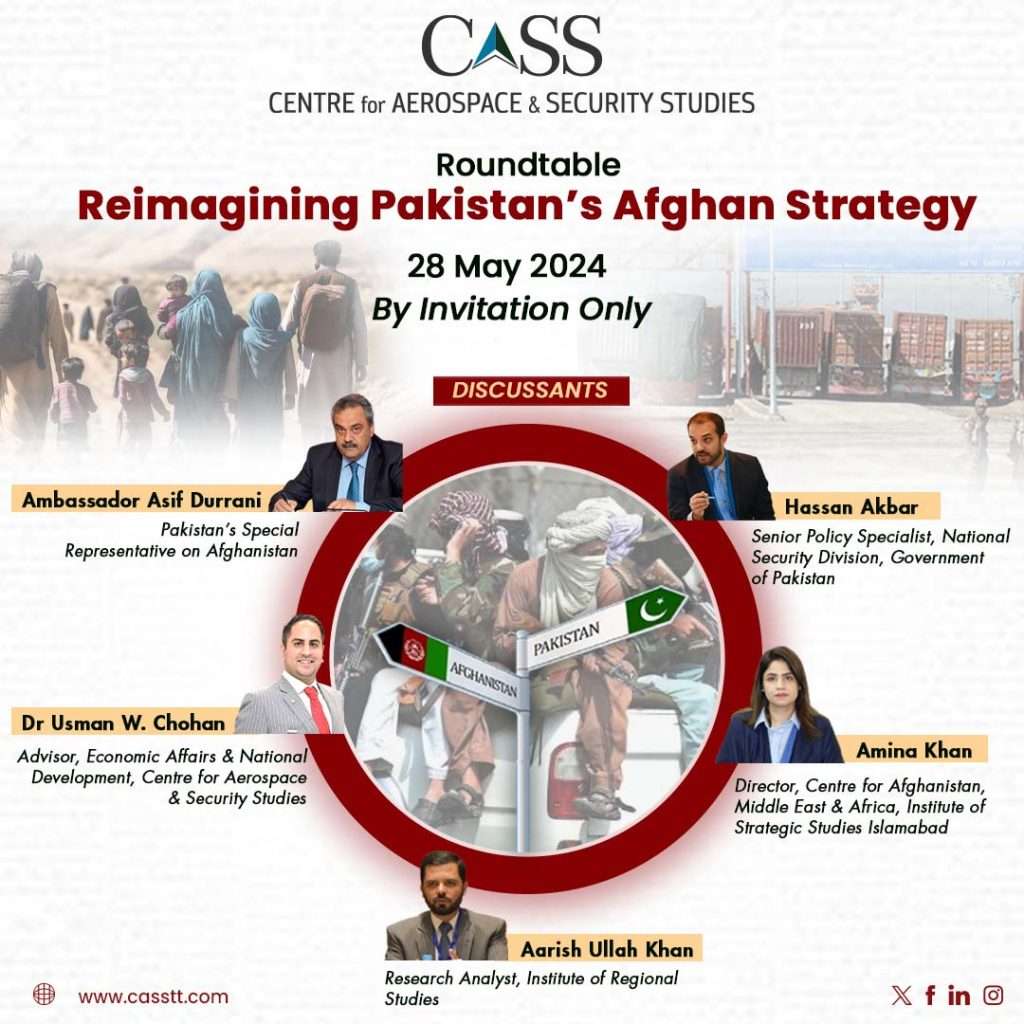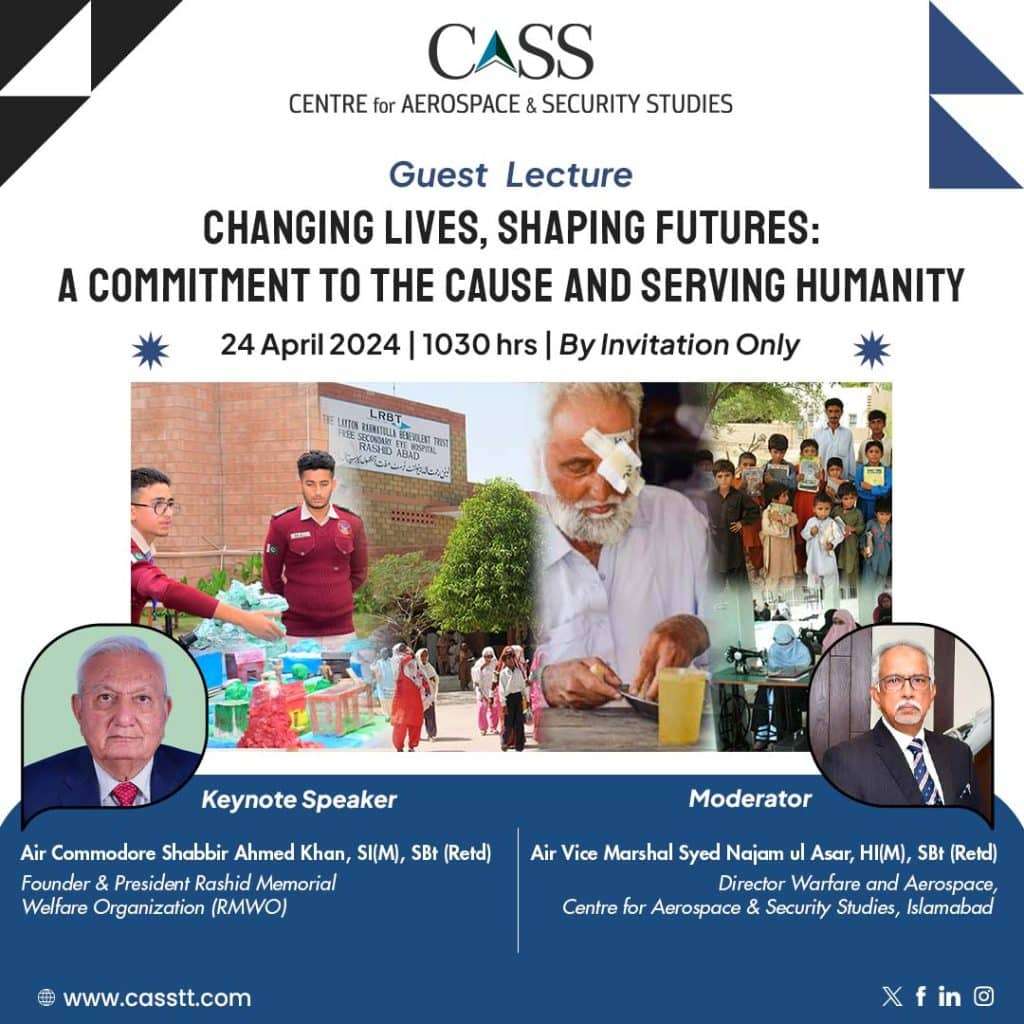Concept Note
The announcement of unconditional reaffirmation of the 2003 ceasefire agreement in a joint statement by the Director Generals Military Operations of Pakistan and India in February 2021 has raised hopes for a much-awaited thaw in otherwise very tense relations between the two nuclear neighbours. Bilateral relations have been at their lowest for the past several years, especially since the 2019 Balakot crisis and India’s August 5, 2019 decision to revoke Articles 370 and 35-A of the Indian Constitution that stripped the disputed territory of Jammu and Kashmir of its special status and autonomy.
For a very long time, the dialogue process remained stalled as New Delhi showed complete disinterest in any engagement with Islamabad over alleged terrorism charges against the latter. Following India’s August 5 decision, Pakistan too, had put the condition of reinstatement of Jammu and Kashmir’s special status for any talks to take place. Despite these hardened positions, recent developments indicate that a mutually conducive backchannel process has been, and is, underway.
If these trends continue, one hopes that India and Pakistan may be on the verge of another rapprochement. However, this optimism is overshadowed by genuine scepticism as well. This webinar aims to take stock of potential obstacles and roadblocks in the way of a potential rapprochement and make a dispassionate assessment of available options and choices for peace in the region.
Thematic Questions
1. Is this the ripe moment for peace (peace process) in South Asia?
2. Will this process be just another series of Confidence Building Measures (CBMs) or will it pave the way for a comprehensive dialogue on all security issues between Pakistan and India?
3. Is there genuine and mutual will on both sides of the border to take this process to the logical next step and open ways for regional cooperation and development?




